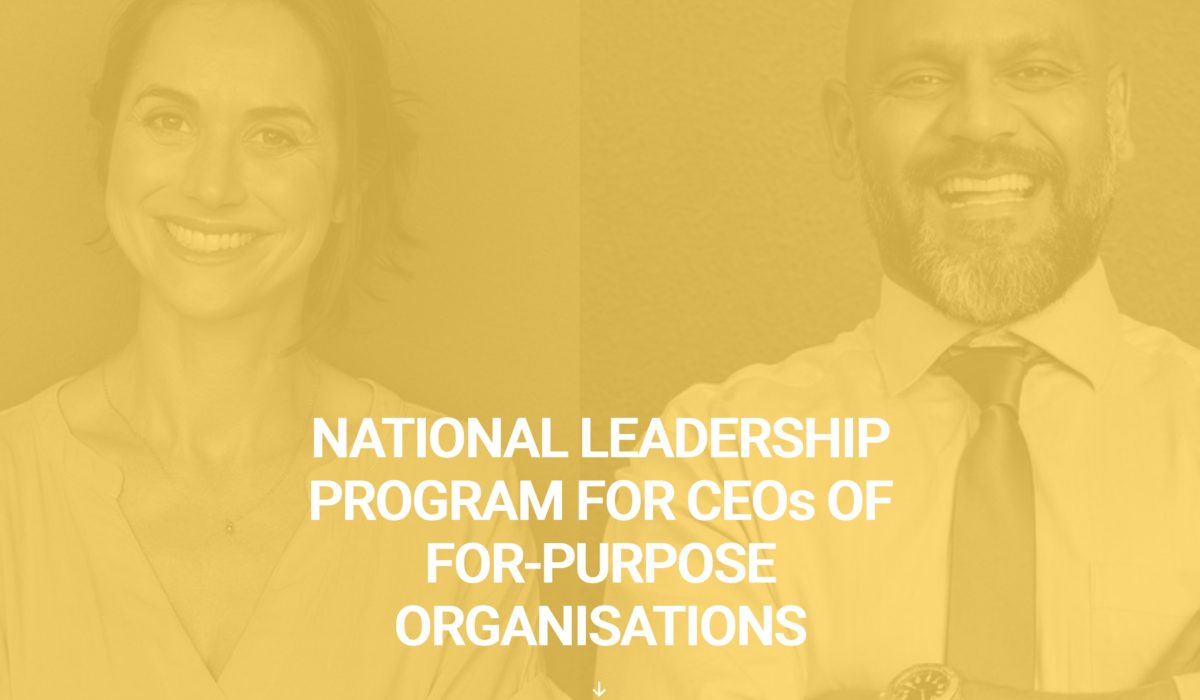Employees who trust their organisation are more loyal, engaged, committed, and will advocate for their workplace – so how can leaders build an organisation-wide culture of trust?
If you’d like to build greater trust in your NFP’s workplace, here are 5 key ways trust can be built and improved.











